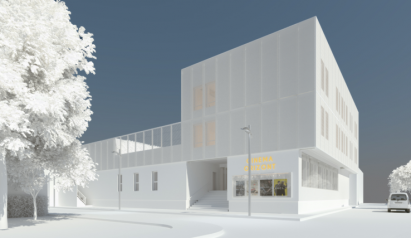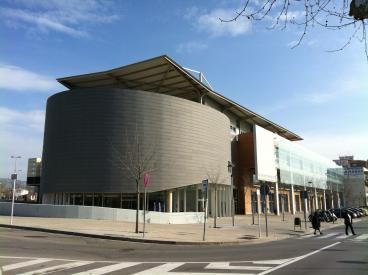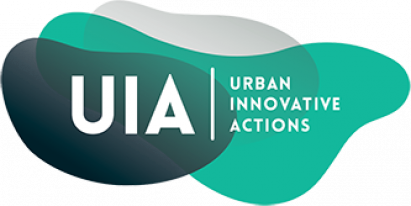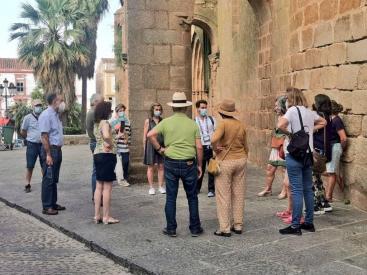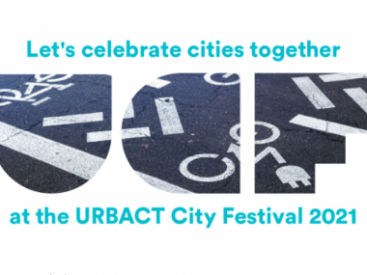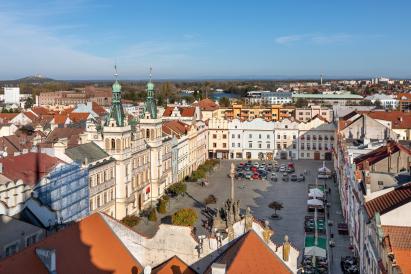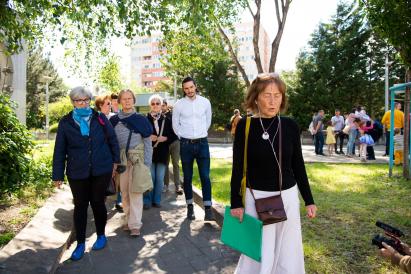Vilanova i la Geltrú Transfer Story
"URBACT support has been essential to overcoming the challenges. It gave INSPIRATION at a personal, team, institutional and city level, empowering the move from immobility to action. The CONTEXT it provided helped local stakeholders to face the fear of change, providing time for reflection and the structure of a comfortable, safe space to discuss next steps, share ideas and take some informed risks. It also brought new TOOLS and METHODS that could be applied and adapted locally, to improve ways of working, achieve a better understanding and to advance faster."



